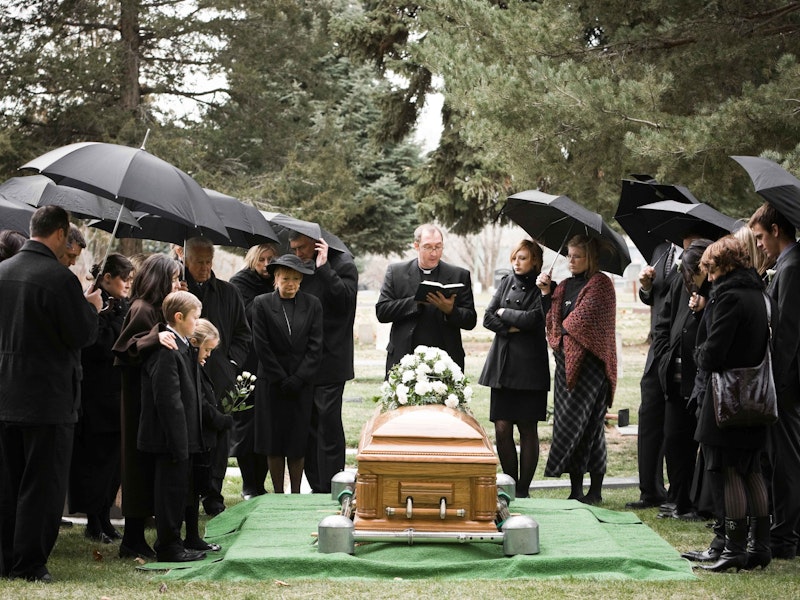It was two days before Christmas of 2022 when I got the news. Marilyn died. (I use a pseudonym to protect her family’s privacy.) The fact that there is something to protect, that there is shame when a suicide takes place, is much of the problem.
Marilyn was 24. She would’ve been 26 this March 14th. She was extraordinarily talented: a college athlete, a student of neuroscience and psychology, and one of the most beautiful women I’ve ever met. She bore a disturbing resemblance to Daenerys Targaryen of Game of Thrones. She loved to talk about health and longevity. I gave her my recipe for pumpkin spice protein cookies and she made a variation on it. Marilyn was never one to do things by other people’s rules, even baking cookies.
When someone dies, people ask, “Were you close?” It’s an offensive question. It implies you have to justify your grief by pointing out some specific way in which your daily life is impacted by their death. Can’t death just be bad, no matter how many times per day you texted?
I’d known Marilyn for four months. During that time, she talked with me about her mental health issues. As I reread all of our texts in the months that followed her death, I was struck by how many of her messages were about her psychiatric medication. Her doctors changed her meds. She had a bad reaction. The pharmacy gave her the wrong medication, and wouldn’t fill her prescription for the right one.
She’d been a healthy person, and played a demanding sport at varsity level in college. Now, as a result of the meds, she told me, she weighed 117 pounds at 5’8.” She wasn’t trying to be a supermodel, but rather to get her brain to work.
After Marilyn died, I fell apart. I cried and cried, lost interest in things I’d enjoyed that reminded me of her. The only person who understood was my mother, who spent years as a hospice chaplain. She knows grief. She helped me through. I tried to get help. One doctor I saw said my grief was just a rationalization. A therapist said Marilyn was a demon infesting me and performed an exorcism. To be honest, that helped a little. Just the fact that someone recognized that something serious had happened made me feel validated.
The exorcism, however, was weird. I didn’t return.
“Why can’t you just get over it?” was the theme of many communications from friends. I couldn’t. I spent hours thinking about the things we’d planned to do together. I asked why it was her, and not me. I was twice her age when she died: 48 to her 24. When someone takes his or her life, they get blamed. Their family gets blamed. Their partner or friends get blamed. We’re supposed to be quiet, not talk about it. Dante put suicides in one of the worst places in hell.
We’re not allowed to grieve when someone dies by suicide. I recently learned this is called “disenfranchised grief.” According to Sam Snodgrass PhD, who’s on the Board of Directors of Broken No More, a group whose mission is “to provide support and guidance to those who have lost a loved one due to substance use, to advance the treatment of, and eventual cures for addiction/substance use disorder in a meaningful and useful way and to effect positive policy changes in the current failed war on drugs.”
Doing something positive to honor the person’s life, and perhaps to help save other lives, is a way to process the grief. But there’s no one right way to grieve. I have a painting of Daenerys Targaryen with her dragons on my home office wall. Daenerys looks so much like Marilyn that it feels like she’s with me all day.
People have told me to take the picture down, that I should stop looking at something that reminds me so powerfully of her. I’m not taking the picture down. I have every right to grieve, and to go on, inspired by the person she was and could’ve been. Her life, though short, was a gift. Her memory is a blessing.

